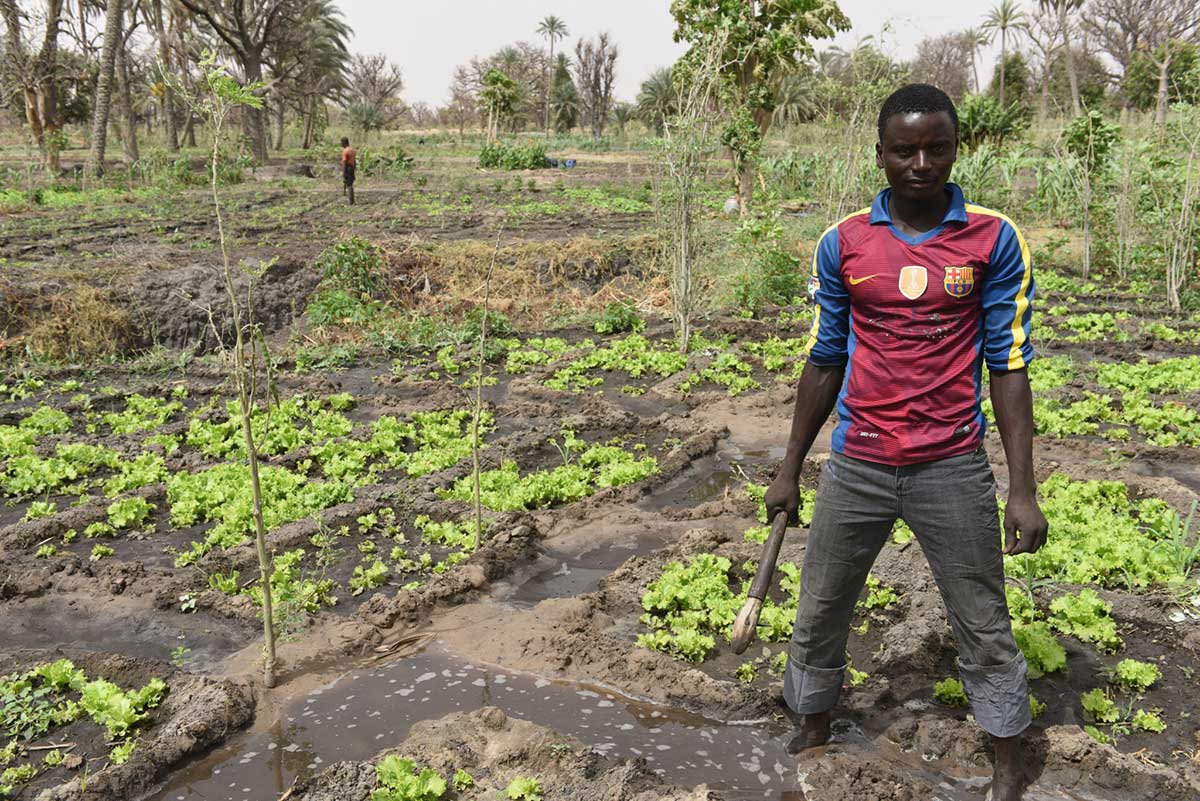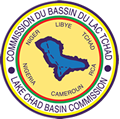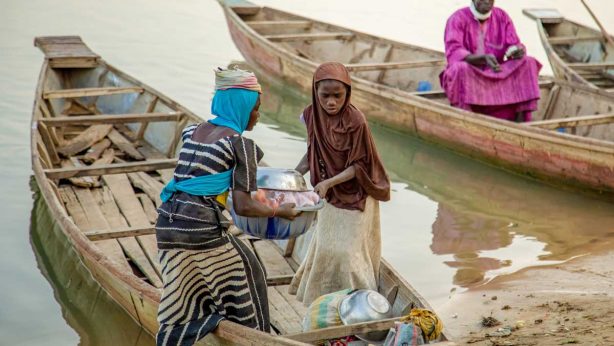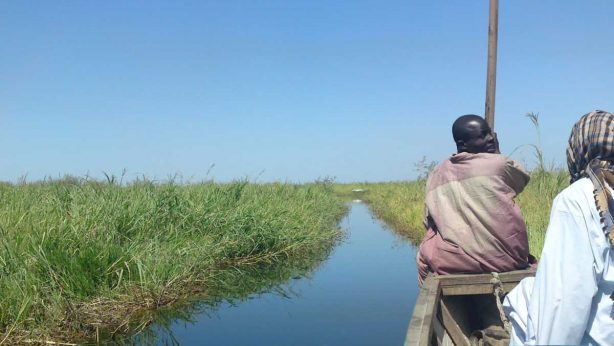Sustainable Management of Water Resources in the Lake Chad Basin: Applied Management of Water Resources in the Lake Chad Basin (GIZ)

The size of Lake Chad has decreased from 25,000 km2 to approximately 5,000 km2 since 1960. Shrinking in the size of the lake is as a result of high population growth in the region, dams construction, establishment of large irrigation projects in the watershed, and large-scale exploitation of groundwater.
Aside the anthropological factors, changes in climatic conditions and the resulting increased temperature and variability in precipitation have serious implications for the 42 million people living in the Lake Chad Basin, majority of whom are farmers, livestock farmers and fishermen. These factors are leading to food insecurity, social tensions, worsening poverty and increasing migration.
This development cooperation program “Sustainable management of water resources in the Lake Chad basin” is being undertaken in cooperation with the Federal Institute of Geosciences and Natural Resources (BGR). It is subdivided into 2 modules:
- Applied management of water resources in the Lake Chad basin including adaptation to climate change (GIZ) and,
- A technical module on groundwater management (BGR).
The GIZ module provides direct contributions towards the achievement of the Sustainable Development Goals (SDGs), particularly Gender Equality (SDG5), Climate Change (SDG13), Peace, Justice and Strong Institutions (SDG16) and Responsible Consumption and Production (SDG12).
The objective of the GIZ module is to improve the management of water resources in order to increase agricultural production, while taking into accounts the effects of climate change and other cross-border measures being implemented by the Lake Chad Basin Commission (LCBC) in the intervention zone.
Duration: May 2019 – June 2022
Budget: 5 Mio EUR
Donor: German Federal Ministry for Economic Cooperation and Development (BMZ)


